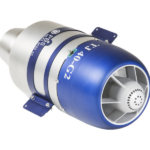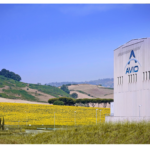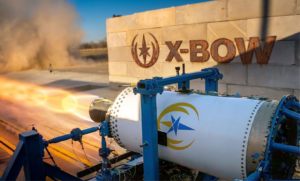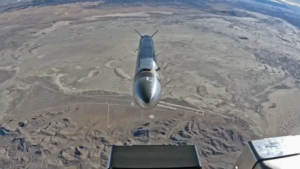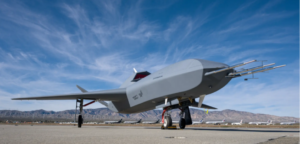
Leidos [LDOS] on Tuesday reported that net income surged in its first quarter driven by work in its health business and sales were up handsomely driven by growth across its operating segments. Net income jumped 73 percent to $283 million, $2.27 earnings per share (EPS), from $164 million ($1.17 EPS) a year ago. Adjusted earnings, which exclude acquisition, restructuring, and certain amortization costs, were $2.29 EPS, 59 cents above consensus estimates. Operating income margin was up 3.2 percent to 10.4…

 By
By 
